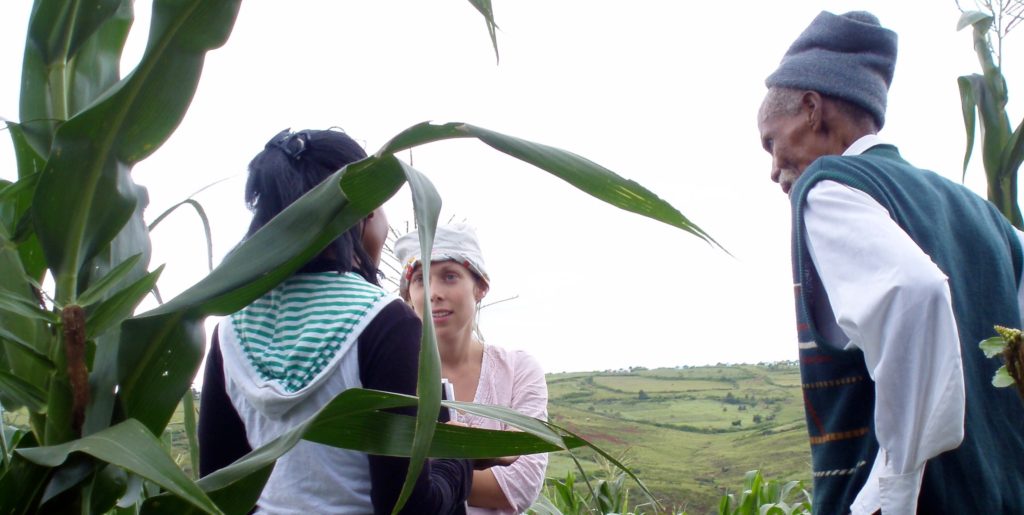All the CGIAR Research Programs include Scaling-up and Gender as two general components. In the past Scaling-up in agriculture was just a question of how Extension would disseminate to the farmer in an efficient way the research findings from the universities and research institutes that were to be translated into good practice in agriculture. Many studies on failed agricultural development projects have however shown that the reality is much more complex, when it comes to whether or not farmers adopted the new technologies, calling into question the effectiveness of the dissemination process.
Group sessions with cases from the field
This workshop will be built around cases as a basis for group reflections on potentials and challenges with regards to ‘scaling up’ in food security related contexts. The selected cases shall firstly have taken place in practice and secondly have been launched as scaling-up projects. The workshop and the cases for reflections are divided into the following two group work-sessions:
- The first work session will generate common formulated questions on what to highlight and scrutinize regarding ‘scaling-up’ in food security contexts. The first category of ‘invited’ cases has been selected by the organizers of the workshop, and will be described in detail, and sent to participants in advance, and is supposed to be read by participants prior to the workshop.
- The second category of ‘proposed’ cases are to be used as suggested cases for the second group work session. These cases should be brought up by the participants themselves from their own field experiences, and seen as important for this workshop. During this session the common formulated questions from session 1 will be applied on these cases as experienced by the participants.
Facilitators for the whole workshop will be Professor Nadarajah Sriskandarajah and PhD researcher Nícia Givá, both from the Division of Environmental Communication at the Dept of Urban and Rural Development, SLU. Each invited and proposed case will have a case-owner among the participants, who has worked with it and followed its dynamics and development.
